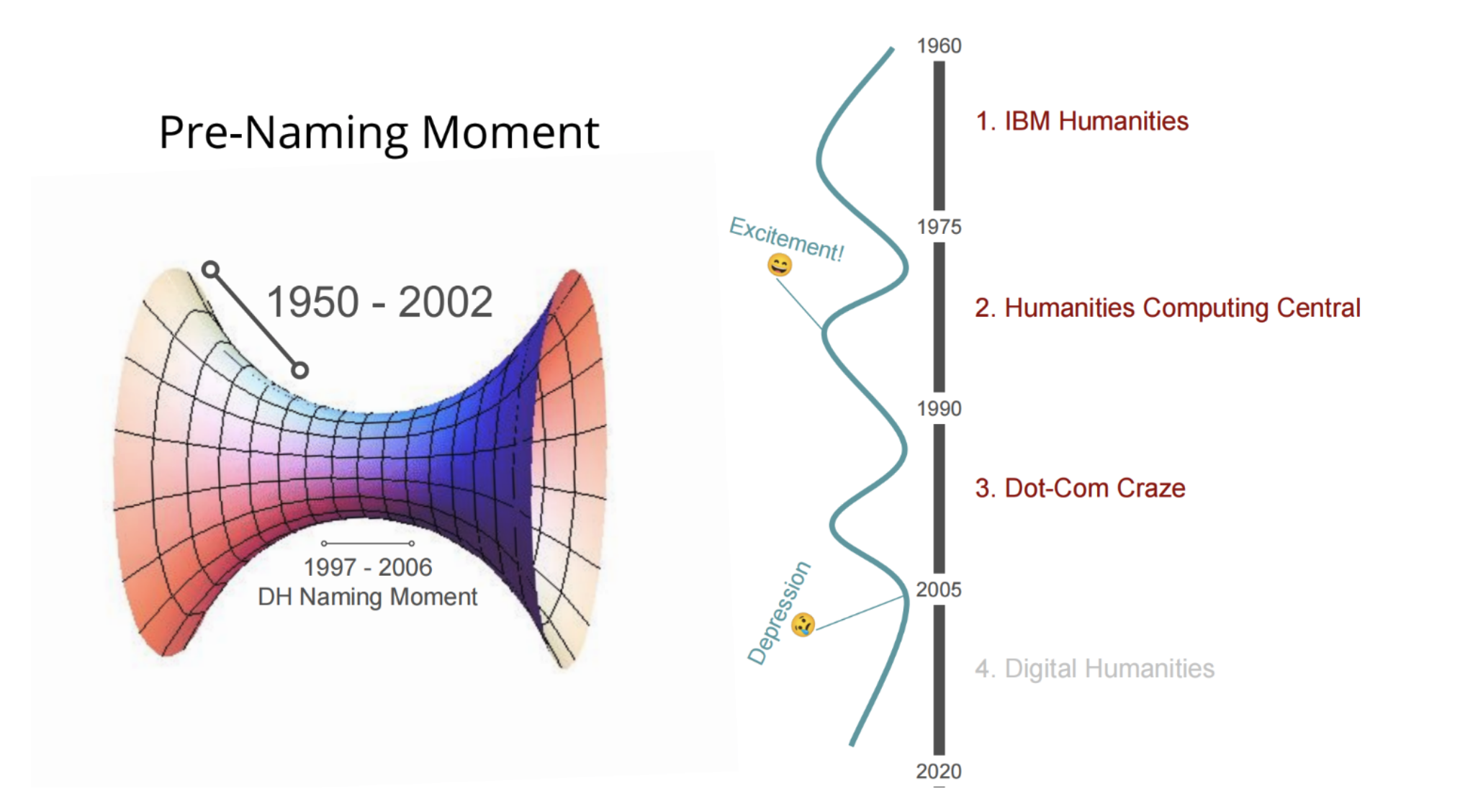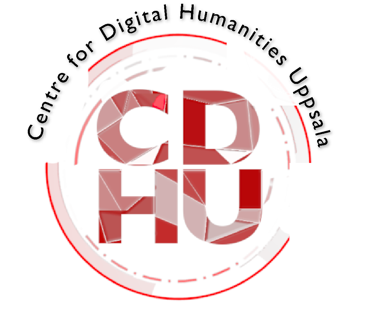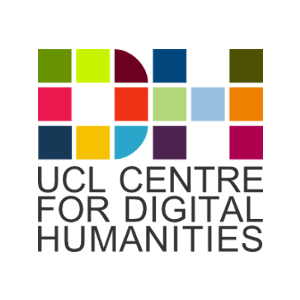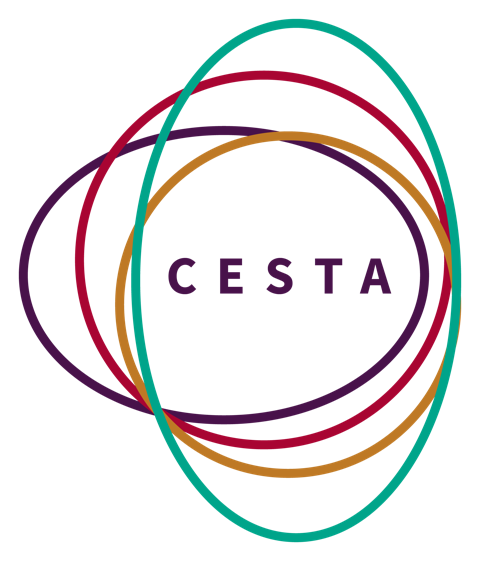April 27, 2021
A Look Backwards Through the Index of Digital Humanities Conferences
Scott Weingart (University of Notre Dame) & Nickoal Eichmann-Kalwara (University of Colorado Boulder)
Abstract: While the term “Digital Humanities” dates back only to the early 2000s, the communities from which its current practitioners hail are quite a bit older. The Index of Digital Humanities Conferences, led by Scott and Nickoal, is the largest extant collection of DH conference metadata. Focusing on the flagship ADHO conference and anglophone scholarship, the database offers a historical record of the Digital Humanities since the 1960s. In this talk, Scott and Nickoal historicized the “DH Naming Moment” (1997-2006), offered a periodization of DH, and discussed the future of DH.

Scott Weingart is the Director of Navari Family Center for Digital Scholarship at the University of Notre Dame and former Program Director of Digital Humanities at Carnegie Mellon University. He directs large, well-funded initiatives that apply data science to social problems and humanities research needs.
Nickoal Eichmann-Kalwara is an Assistant Professor and Digital Scholarship Librarian at the University of Colorado Boulder. She is a digital humanist, early modern historian, and open scholarship advocate.
Response by Yunxin Li:
While Digital Humanities has been rapidly developing for decades, the insufficiency of archival sources has hindered our understanding of its history. The Index of Digital Humanities Conferences fills this gap with its data on over 7,000 presentations at 500 conferences over the past 60 years and about 8,500 authors from 2,000 institutions in 86 countries.
Scott and Nickoal’s talk was both informative and self-reflective. They made it clear that The Index was only one kind of history rather than a comprehensive record of DH. The Index excludes scholarship outside these conferences, resulting in its underrepresentation of scholars who lacked institutional support, such as female scholars. Therefore, those who wish to utilize the Index to trace the history of DH need to supplement the database with other sources. The existing data have also been constrained by the sources and the languages, regions, disciplines, and time spans of the team that collected them, causing it to center on the ADHO conferences and the Anglophone world. This situation demands the endeavor of more collaborators as the dataset continues to expand.
Scott and Nickoal historicized the “DH naming moment” around 2000, marked by the term “digital humanities” becoming an independent noun, the formation of the Alliance of Digital Humanities Conferences, and the institutionalization of DH in North American universities. A topic modeling reveals the different forces that have shaped DH scholarship over time. Before the naming moment, trends in the DH were mainly driven by developments in computer technology. In contrast, in the post-naming moment, DH has been pulled more by the concerns of humanities disciplines. Over the past two decades, DH has been predominantly text-oriented because many leading scholars came from the background of literary analysis. But we see the rise of new methods and new communities, such as spatial analysis, network analysis, and cultural criticism. Today’s digital humanists are increasingly reflective of the values embedded in their scholarship, calling for more diversity and openness in the future of DH.
It remains contested whether DH should be an academic field. While being a field might bring more institutional support to DH, Scott emphasized the risks of doing so: DH becomes more isolated from the computing world as it is institutionalized in the academia, and fewer industry professionals follow DH scholarship today. At the same time, it is still difficult for DH work to be recognized in the humanities. Thus, the identity of the DH community remains a challenging and ongoing issue.
Several interesting questions came up during the Q&A. One question was how organizers of future DH conferences could make the data collection smoother. Scott suggested having unique identifiers for authors to help disambiguate authors’ names, as well as having conferences collect participants’ demographic data, as long as the data are kept safe, so that the DH community can better figure out how to make itself more justice-oriented.
Respondent:
Yunxin Li is a Ph.D. Candidate working on early China in the History Department of Stanford. Her research focuses on the inner court, gender, and politics in the Han empire. As a former graduate fellow at the Center for Spatial and Textual Analysis, she is interested in network analysis, spatial analysis, and computational text analysis. More information can be found on her personal website.


